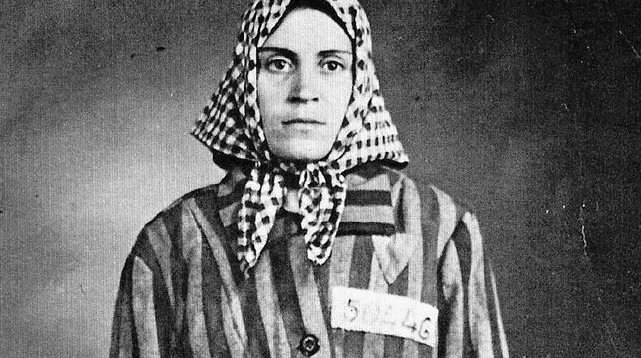15.04.2019 - 08:13
|
Actualització: 15.04.2019 - 10:13
Neus Català, last Catalan survivor of the Ravensbrück concentration camp passed away aged 103 on Saturday April 13, in the Guiamets home where she lived. It’s here, where she had been born on October 6, 1915, where she began the local Unified Socialist Youth organization with the start of the Civil War.
Català moved to Barcelona to study nursing, but with the end of the Civil War in 1939 went into exile in France, taking 180 refugee children with her. With the occupation of the country in 1940, she joined the Resistance with her husband.
She was captured by Nazis three years later, and taken to the Ravensbrück women’s concentration camp. She was then transferred to Czechoslovakia to make weapons, and freed by the allies in 1945.
A life of fighting and resisting
With the end of WWII she used her French nationality to fight the Franco dictatorship, as well as fighting to keep alive the memory of all those who lost their lives in the Nazi death camps, as well as those of women in the Resistance and women who were deported.
Català received many awards throughout her life. She was awarded the Sant Jordi Cross from the Catalan government in 2005, named Catalan of the Year in 2006, was given the Golden Medal of Civic Merit from Barcelona in 2014, and the Golden Medal from the Catalan government. She was also given two awards in France, the Croix de Guerre and the Croix de Lorraine.
Enormous dignity
Neus Català was an “extraordinary woman and an example” for everyone in Catalonia, proclaimed the Catalan president Quim Torra. At an act in Santa Coloma de Farners to pay homage to the families of the victims of Francoism, Torra highlighted the “enormous dignity” of Català, and dedicated a minute of silence to the woman who smuggled refugee children into France and then joined the resistance.


